Lexica AI Alternative: 10 Equally Awesome AI Image Generators
12 min. read
Updated on
Read our disclosure page to find out how can you help MSPoweruser sustain the editorial team Read more
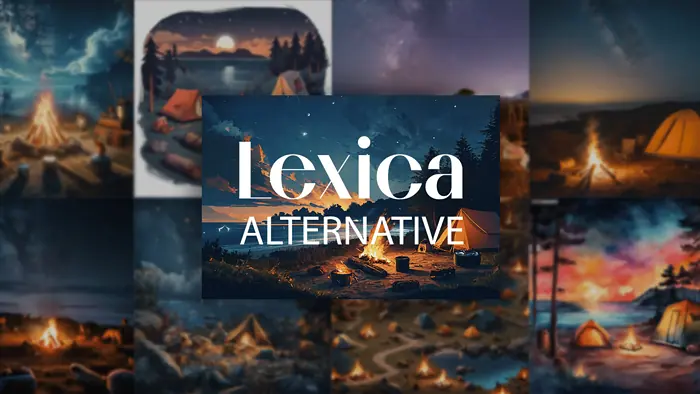
Finding a suitable Lexica AI alternative shouldn’t be difficult with all of the solutions on the market. This is what I also thought before discovering that having too many options is almost as bad as having no options at all.
Since things can get pretty confusing, I analyzed what Lexica AI offers and how well it performs. As a result, I found suitable alternatives and even upgrades.
What is Lexica AI?
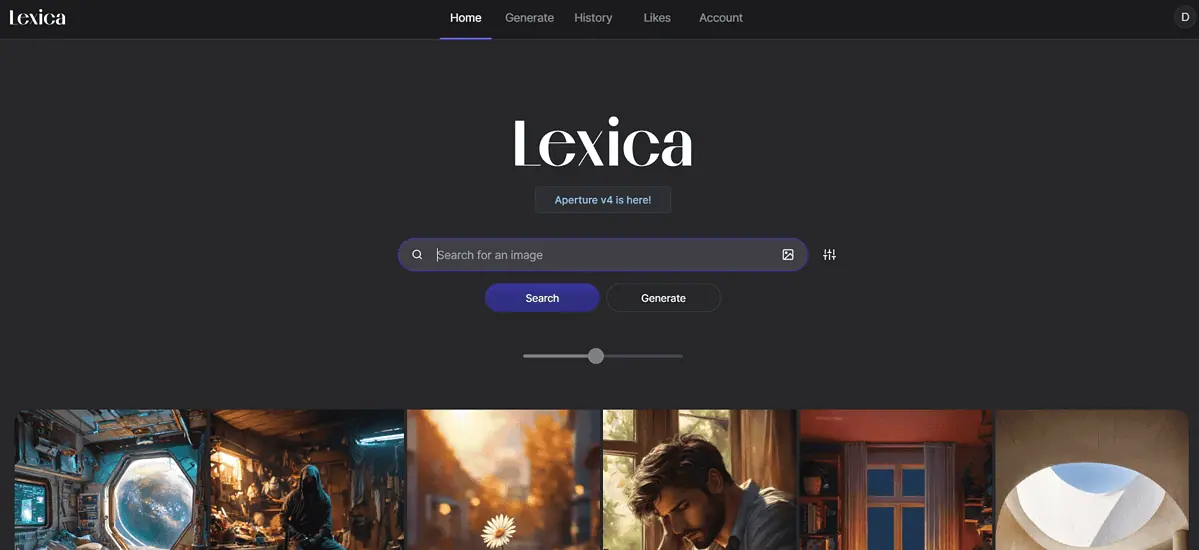
Lexica AI (lexica.art) is an image generator powered by AI. It’s an accessible solution with a clear and beginner-friendly interface. You can generate images using keywords, or search the existing database of generated images.
Overall, simplicity is the tool’s strongest side.
On the other hand, the limiting number of settings (prompt, negative prompt, and resolution) might make you want something more advanced.
How I Chose The Best Lexica AI Alternative?
To choose the best alternative for Lexica AI, I focused on simplicity and high-quality results. I’ve also taken into consideration the pricing as well as some additional features you might get.
To keep it fair, I used the same prompt with every Lexica AI alternative, so you can immediately see what you get.
Prompt: Camping next to the seaside with a big fire in the middle, night sky, some animals around, and other camping equipment.
Lexica AI output:

Since I didn’t define many variables (e.g. style), I got some interesting results!
Best 10 Lexica AI Alternative
With that out of the way, let’s check out which solutions fit the above-mentioned criteria.
1. Adobe Firefly – Highly Intuitive
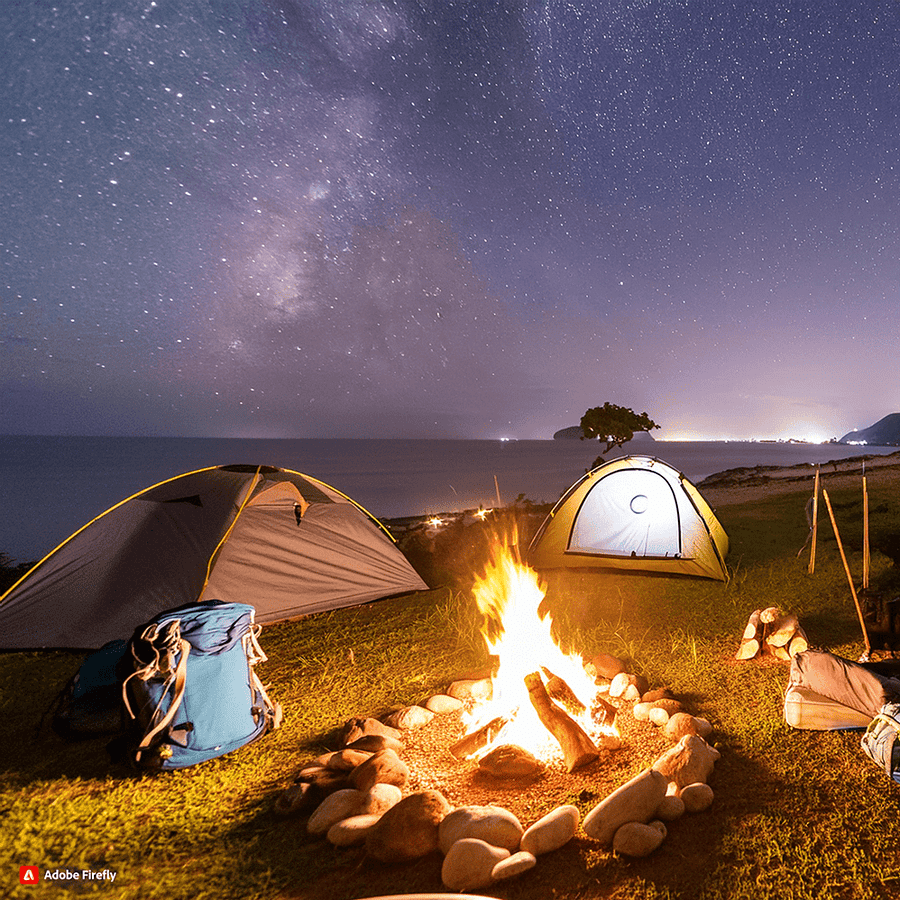
If you want to switch to a well-established service, then you must consider Adobe Firefly. Adobe knows its industry, and it followed up on the trend of AI image generators with a fantastic and accessible solution.
It’s also cheaper than Lexica AI, with subscriptions starting at $4.99 per month.
Adobe Firefly also has an active Discord community. You can use it alongside the learning resources available on the platform to level up your AI image generation game.
Speaking about the community, on Firefly you can also explore the images generated by other users. Alongside the prompt, you also get access to all of the other settings the user has tweaked to achieve the result.
These settings include:
- Aspect ratio (4:3, 3:4, 1:1, 16:9)
- Content type
- Structure
- Style
- Reference
- Effect
- Color and tone
- Lighting
- Camera angle
If this seems too much, trust me it’s not! You can always skip these, and use the default settings. However, having control over them gives you the advantage that you usually don’t have in Lexica AI.
If you’ve seen enough and you’re determined to go with this one, check out a few Adobe Firefly tips I have for you.
| Pros | Cons |
|---|---|
| Fantastic interface and community | Might be overwhelming if you’re looking for a simple alternative |
| Advanced settings available | |
| Offers a free plan and affordable subscriptions |
2. getimg.ai – Generous Free Plan

Like Leonardo, getimg.ai also offers a very capable free plan. However, if you need anything more than that you’ll have to put aside $12/month.
The output is simple, realistic, and without many noticeable mistakes. This is something important if you plan to use it in your projects.
On top of all, it’s reasonably easy to use. If you found your way around Lexica AI, you’ll be all good here as well.
I like how the input options are divided into Essential and Advanced.
This allows you to quickly adapt (coming from a much less complex platform like Lexica) while leaving room for improvement.
There are several resolution options that should satisfy most users. The coolest part is that you can simultaneously generate up to 10 images with a single prompt!
A seeding feature is available, making the repetitive image style possible.
What I love the most about getimg.ai is that it offers so many AI models. Some are made specifically for a style (e.g. Anime), while others are more general.
This leaves so much learning space while using a platform that isn’t ultra-complex.
| Pros | Cons |
|---|---|
| Generous free plan | Can be complex for complete beginners |
| Dozens of AI models available | No community features |
| Advanced (optional) settings alongside the seeding feature | Output quality may vary |
3. Leonardo – Best for Realistic Results

Even though several AI generators decided to create a realistic image by default, I liked Leonardo’s output from Leonardo the most.
If you’re a beginner and even Lexica AI was complex for you, I suggest you skip this one. It’s probably one of the most intimidating solutions on this list (UX-wise).
However, image-generating capabilities, paired with a very generous free plan make it a good choice if you want to dive deeper into image generation.
The downside is that you’ll learn only Leonardo-specific things. Some of the many settings available there are:
- PhotoReal
- Alchemy
- Prompt Magic
In other words, these don’t have any general meaning, so you’d still have to learn terms in other image generators, even if you’re a master in Leonardo.
But, you might also never have to transition from it! That’s because it comes with different AI models like Stable Diffusion, SDXL, DreamShaper, and more.
What I want to say is: Either go all in with Leonardo or skip it entirely!
| Pros | Cons |
|---|---|
| Generous free plan | UX can be intimidating |
| Very realistic output | A lot of Leonardo-specific settings |
| Decent control over the output |
4. NightCafe – Gamified Lexica AI Alternative
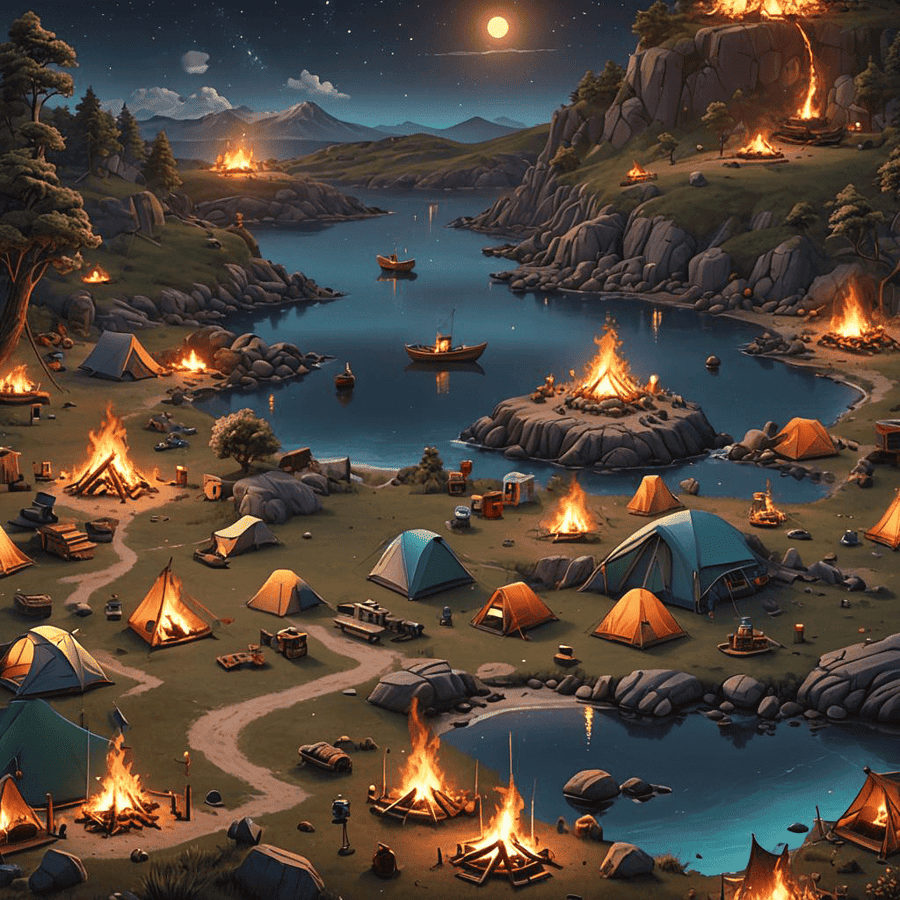
To connect with fellow AI-art enthusiasts I always recommend NightCafe. It’s a gamified platform that does come with a learning curve.
After the initial stress, using it won’t be much more difficult than Lexica AI. As the payback, you get a supportive and open community to exchange ideas and prompts.
The cheapest subscription starts at $6/month.
If you’d like to stick with the credits you get for free, you can participate in competitions to win some extra. This is a very short description of the level of NightCafe’s gamification.
Image generation can start with a textual prompt or image. From there on, you’re presented with various settings to adjust the final output.
The seeding feature is available, but not mandatory. This is good since you might want to share your output with the community, but not disclose the seed you’ve used.
Going back to the community part, you can submit every output you generate for daily contests!
| Pros | Cons |
|---|---|
| Gamified platform and community | Overwhelming for beginners |
| Good seeding feature | Some AI models are obsolete |
| Free credits are available as part of the interactions with other users | Output quality could be better |
5. Simplified AI – All-in-One Platform
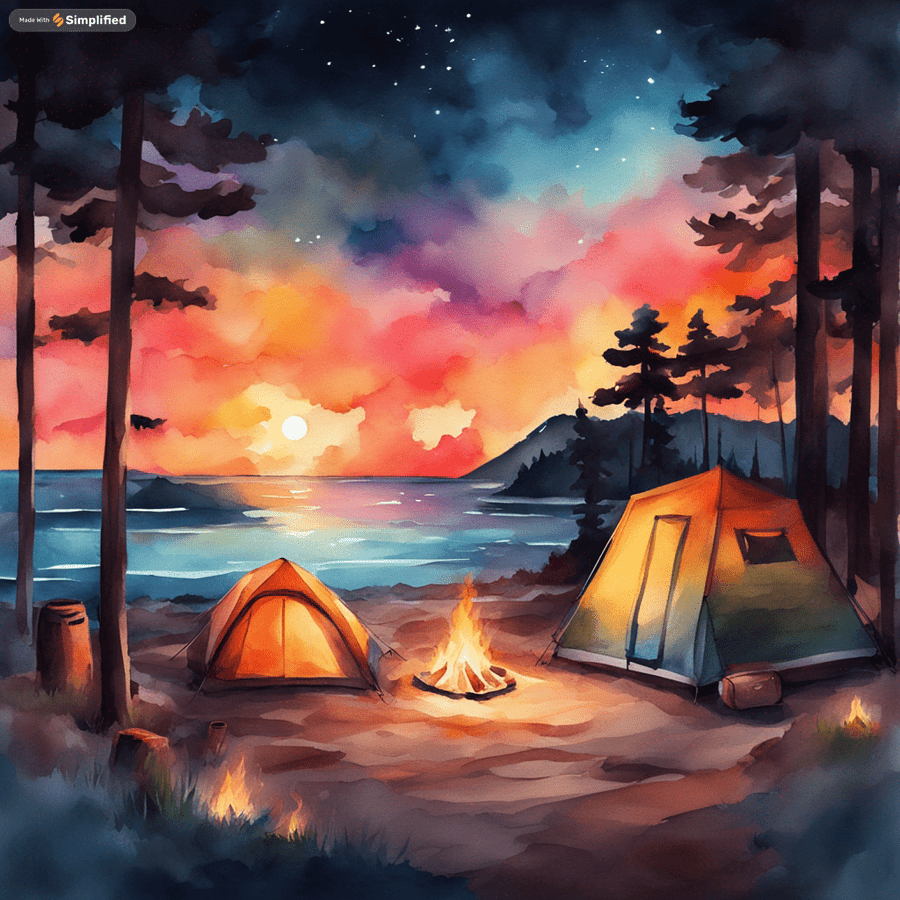
Are you using different AI tools for your work? Simplified AI is a platform that has it all under one roof.
So, if you’re moving from Lexica AI in search of an image generator bundled with other features, this is a great option. The image generator alone starts at $14.99/month.
The interface is nice and intuitive, the only problem is that it offers a lot so it might be slightly overwhelming.
Although you can explore the outputs of others, you can’t directly interact with them.
However, this alternative has something to show for it – a mix of simplicity and advanced features.
There are dozens of premade filters (I’d call them styles) that you can use to effortlessly transform your prompt in the final output. Additionally, you can add negative prompts as well as the reference image.
One of the coolest additional perks is writing capabilities. Discover all Simplfieid AI Writer features here.
| Pros | Cons |
|---|---|
| Simple and effective | Pricey |
| Offers numerous AI features | Limiting advanced customizations |
| Premade filters available | The AI prompt builder isn’t very user-friendly |
6. Pixlr – Cheapest Lexica AI Alternative

With monthly subscriptions starting at only $1.99, Pixlr is one of the cheapest AI image generators you can access from your browser.
Decent output and similar ease of use as Lexica AI puts it on the top of this list.
Pixlr also comes with some additional tools:
- Editor
- Express (AI Editor)
- Designer
- Background removal
- Bulk editor
- Face swap
The image generator is organized similarly to Lexica AI. You can browse images generated by others (Popular or Recent) and see your previous creations.
Here, you don’t control the exact resolution but can choose between three aspect ratios (square, wide, and tall.)
The upside is that you can add some additional information alongside the prompt:
- Style
- Color
- Lighting
- Composition
Unlike some other alternatives on this list, here you simply choose from dozens of available options.
Finally, something worth mentioning is that all generations are public by default. To make them private you must subscribe to a paid plan.
| Pros | Cons |
|---|---|
| Affordable and easy to use | No control over the exact resolution |
| Supports more prompt customizations | |
| Additional AI features are available |
7. Midjourney – Most Advanced Alternative
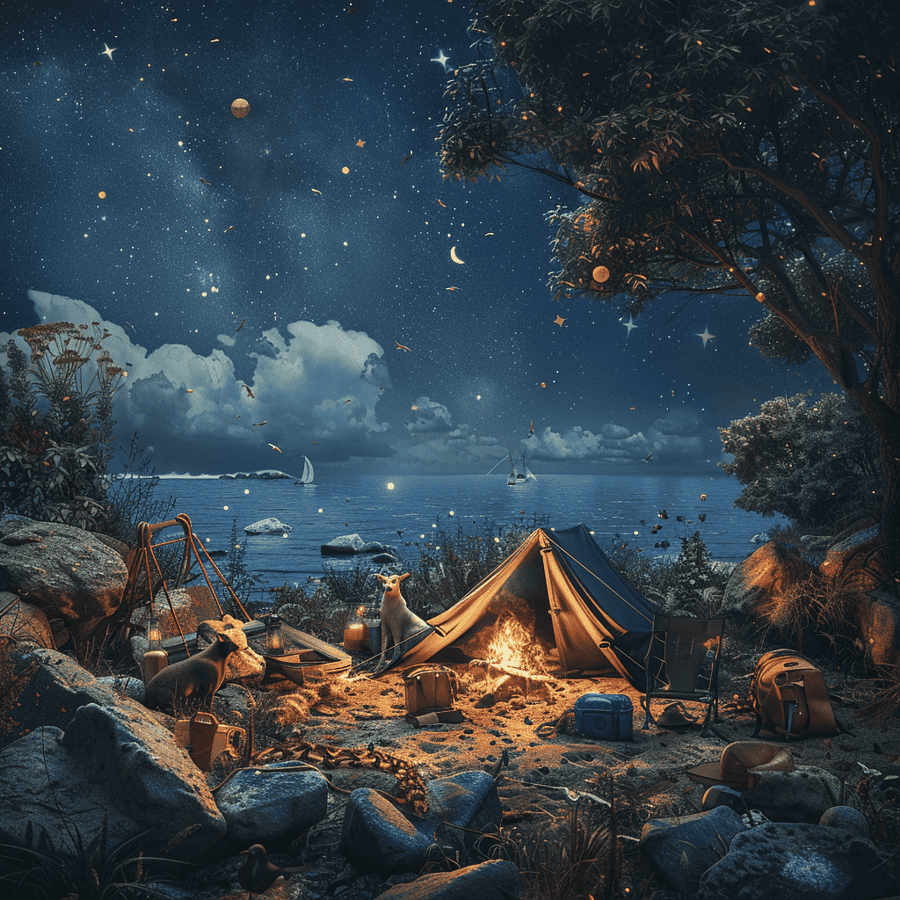
If you’re tired of Lexica AI simplicity and looking for a way to level up your image generation game, you must check out Midjourney.
The user experience is nothing like Lexica AI since you must use it through Discord. This is also the only reason it’s not the first pick on this list.
Midjourney paid subscriptions start at $10/month. The only difference here is that Midjourney doesn’t offer any free trial.
Although unconventional, I understand this decision, since it’s the first platform I’d use for any image generation purpose.
Although the whole Discord environment and textual commands combination can seem intimidating, it isn’t.
The vast community around it is available through various channels to support you and help at any given moment.
Learn more by exploring my experiment with using Midjourney for children’s book illustrations.
| Pros | Cons |
|---|---|
| Future-proof advanced alternative | May be overwhelming in the beginning |
| Vast community | No native user interface |
| Almost unlimited control over the output |
8. Meta AI – Best Free Option

If you want a completely free alternative to Lexica AI, hurry up*! Meta recently launched its chatbot with image-generating capabilities.
*Meta can start charging the usage of Meta AI at any given moment.
As you can see the result is very good, with the only downside being the watermark.
The platform is easy to use, especially considering you can chat with the AI before generating the image! This allows you to focus on describing your desired output in natural language, rather than crafting a perfect prompt.
You can even co-create the description of the potential output and only once you’re done with it ask for an AI-generated visualization.
This approach is great if you’re a beginner who often struggles with prompts in Lexica AI.
Furthermore, having a textual AI alongside the image-generating one is always a huge convenience. That’s why two other major competitors took the same path. Check how Meta AI compares to ChatGPT and Gemini.
| Pros | Cons |
|---|---|
| Describe in natural language | Non-removable watermark |
| Co-create the prompt with the AI | No dedicated image generator interface |
| Very beginner-friendly |
9. DreamStudio – Credit-Based Pricing
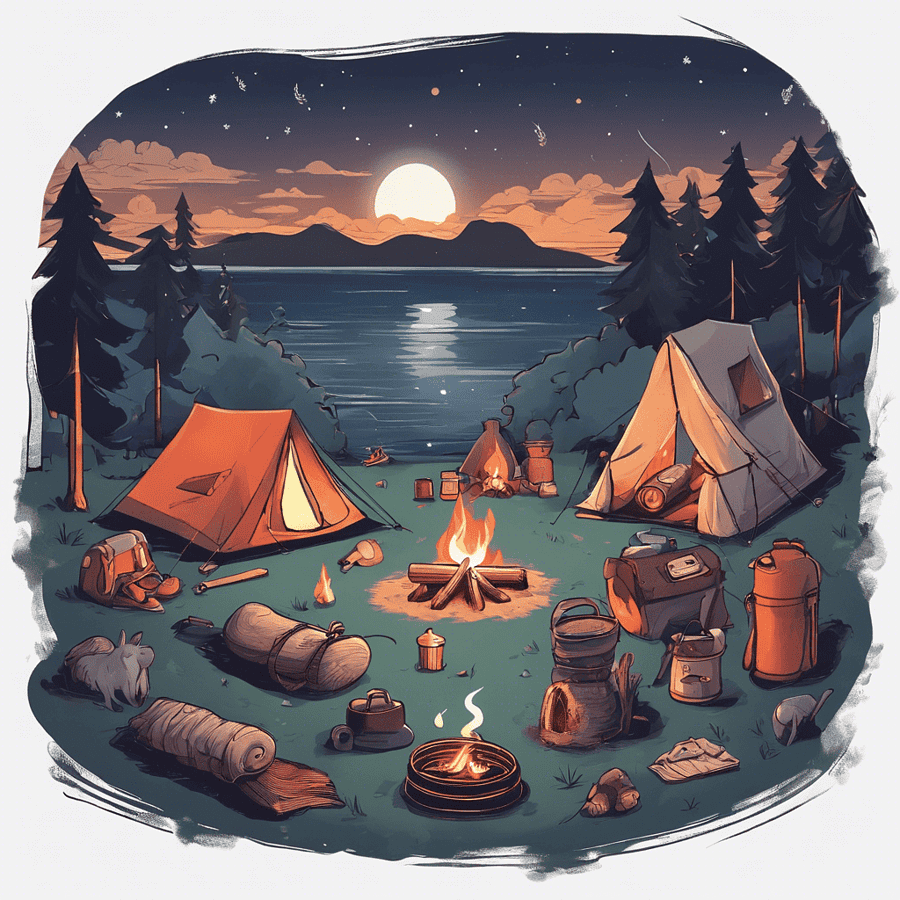
DreamStudio isn’t the best option if you’re strictly looking for simplicity, but it checks all the other boxes.
It runs one of the most powerful AI models – StableDiffusion. It makes sense to go in that direction if you’re serious about AI-generated images.
Something that Lexica AI and none of the other solutions on this list offer is pay-as-you-use pricing. This is great if you don’t like paying lump sums while only using the tool occasionally.
Additionally, DreamStudio comes from Stability AI, with its models used on various AI image generators.
As for the input options, you can use both standard and negative prompts. You can also upload a reference image, which is always a great addition.
An area in which it completely aligns with Lexica AI is the resolution. DreamStudio offers various fixed output resolutions.
There’s also a seeding feature that makes reproducing images with the same style much easier.
Finally, it’s worth mentioning that although the platform doesn’t have built-in community features, a vast number of users share their knowledge all over the internet.
| Pros | Cons |
|---|---|
| Credit-based platform | Steeper learning curve |
| Advanced and intuitive features | No built-in community features |
| Various resolution options |
10. DALL·E 3 – The Hyper-Realism Alternative
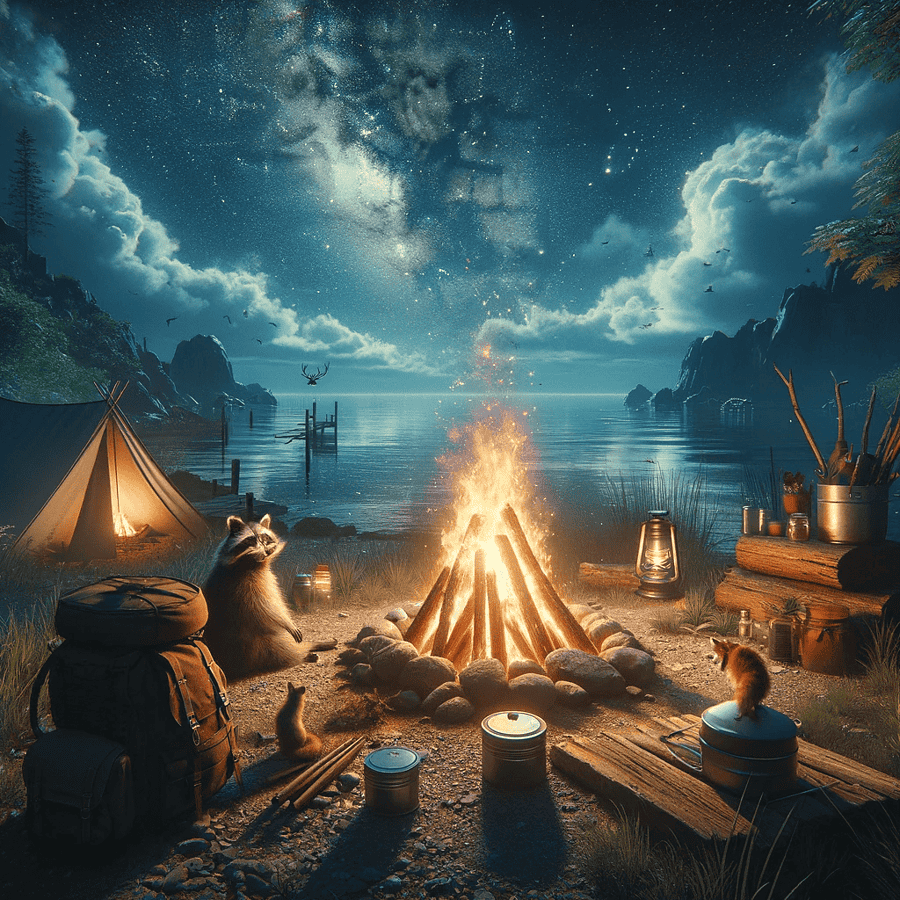
I was surprised by the fact that only DALL·E 3 gave me a hyper-realistic output for my prompt. Using it is simple, but requires a ChatGPT Plus subscription.
However, if you use ChatGPT anyway, you might want to consider using it for image generation since it’s $20 altogether. (Considerably more expensive than the cheapest Lexica AI subscription.)
What I like about DALL·E 3 is already mentioned for Meta AI. It’s contextual visualization based on the chat with the AI model.
The downside here is that the tool sometimes requires a lot of back-and-forth before producing the output you need. And considering the message cap, things might get tricky.
The latest DALL·E can compete with the quality you’d get in Midjoureny (and Lexica AI of course.) However, it’s intended for users who actively use ChatGPT.
| Pros | Cons |
|---|---|
| Contextual visualization | Pricey if you don’t make use of ChatGPT |
| Advanced and high-quality output | No selectable controls as input |
| Hyper-realism is easily achievable | No free plan is available |
Summary
My favorite Lexica AI alternative is Adobe Firefly. Getimg.ai can also get the job done, and the upside is that you can use an equally intuitive interface.
If you’re up for some learning and future-proofing your AI art, I’d suggest you go directly with Midjourney. Meta AI is good since it’s completely free at the moment, and you can use an AI chat to build context first.
Finally, if you’re tired of the AI-looking output from Lexica AI, suitable alternatives might be Leonardo and DALL·E 3, which are great for hyper-realism.

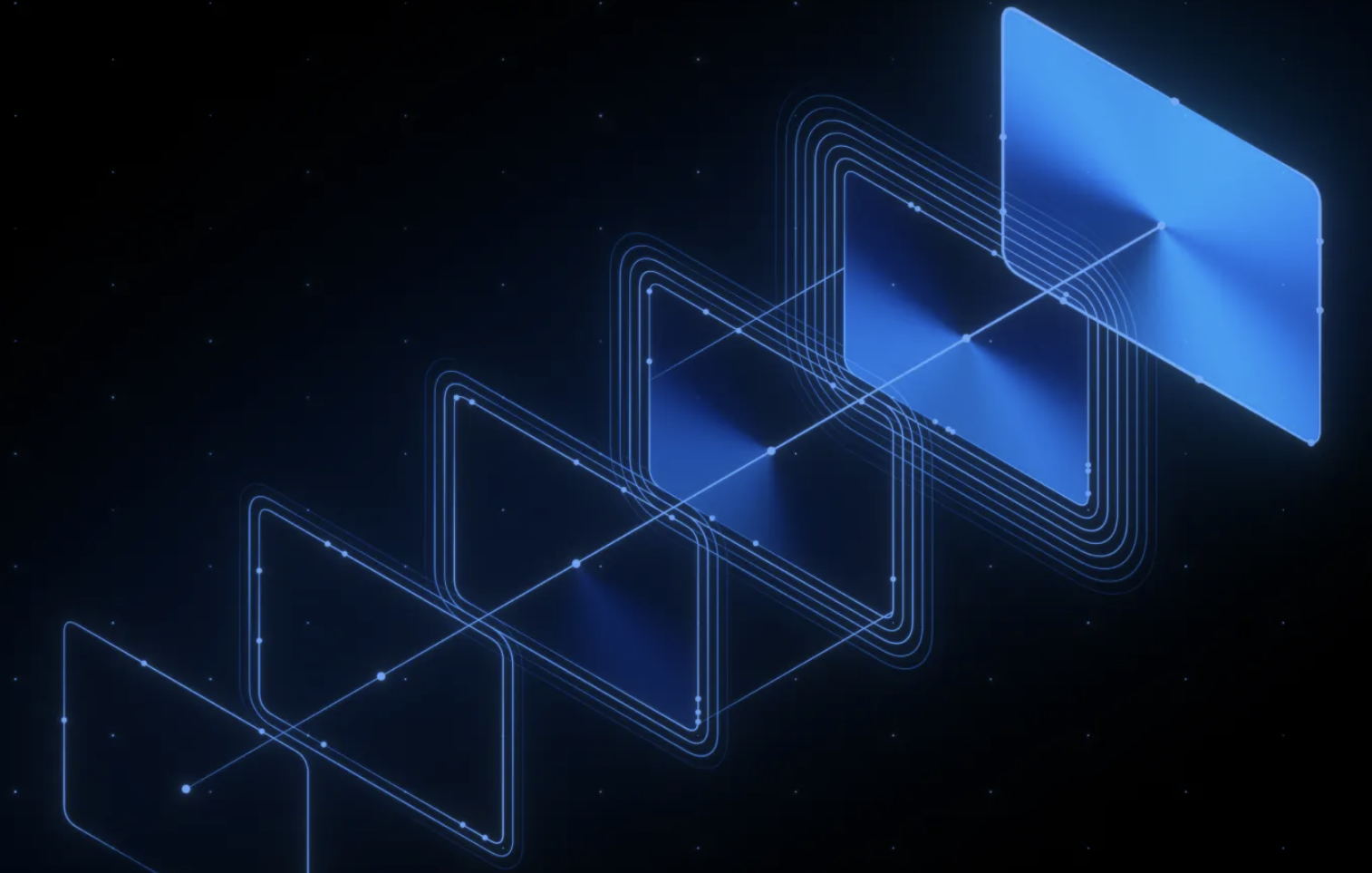
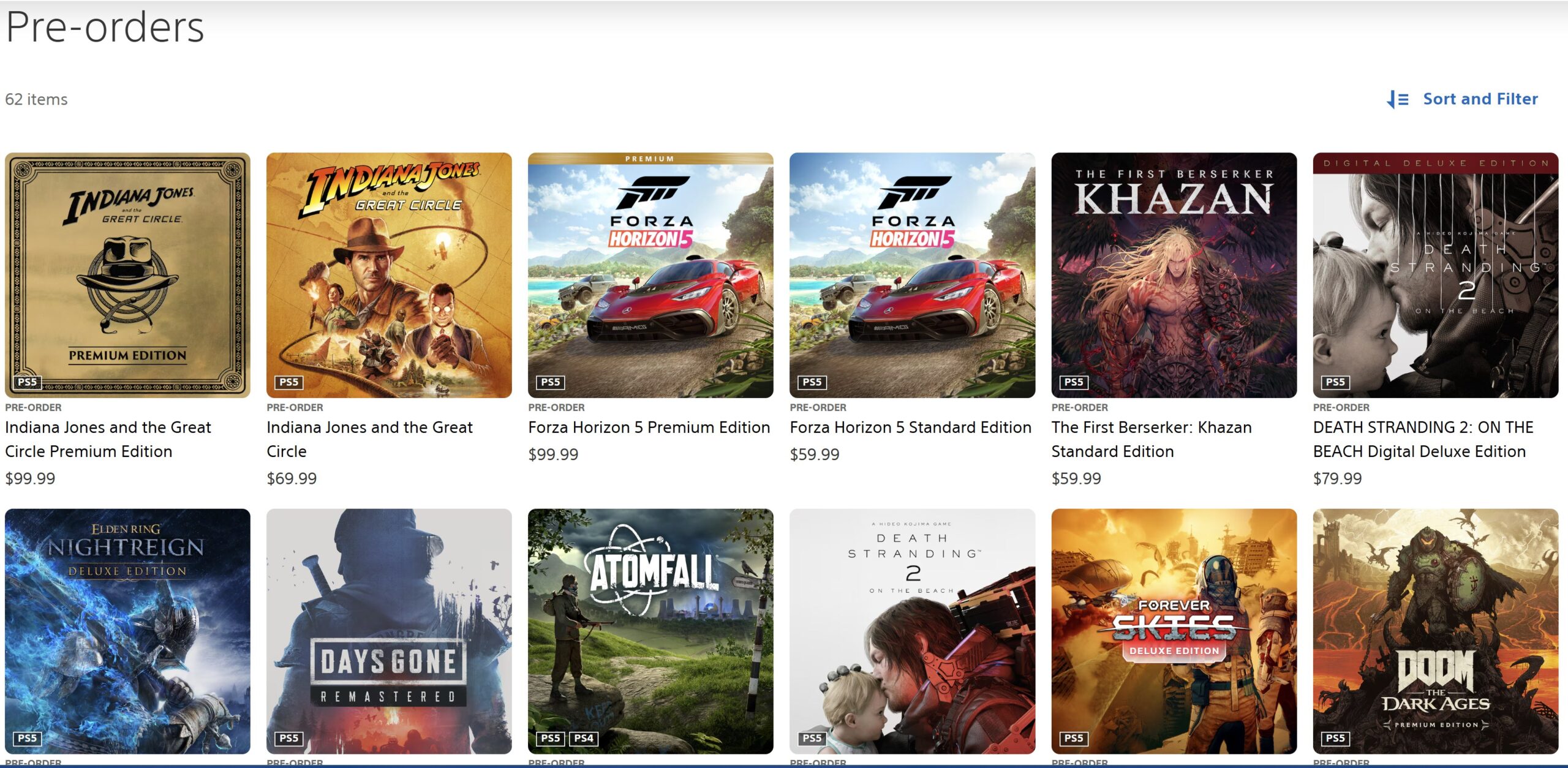
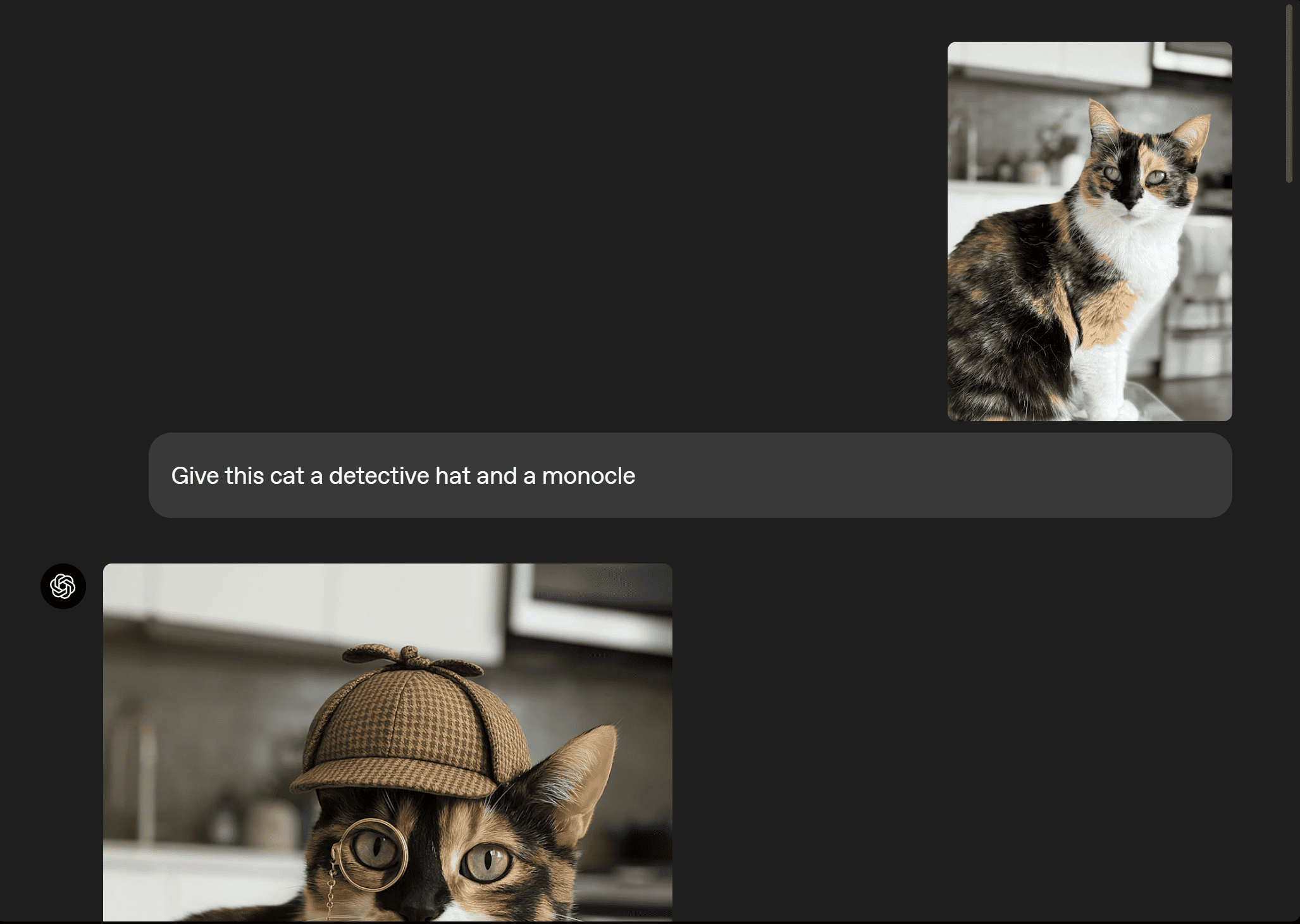
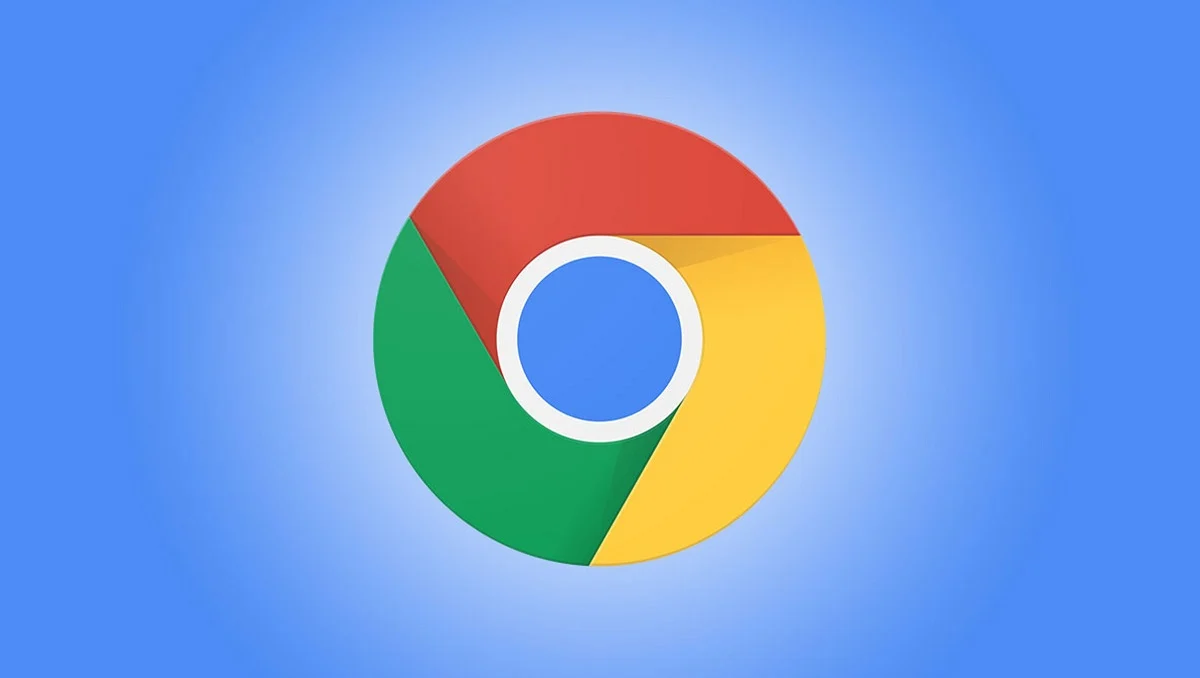
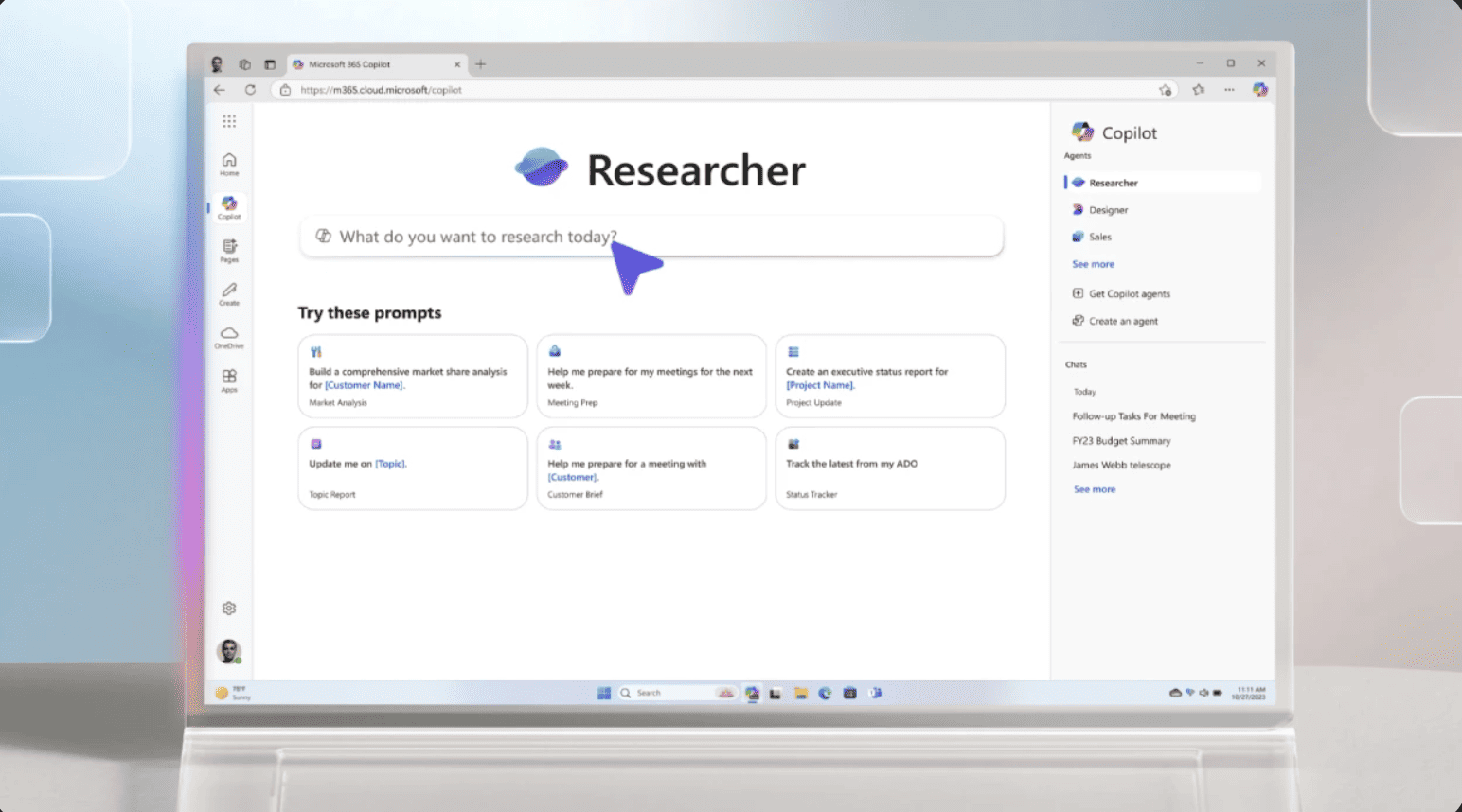
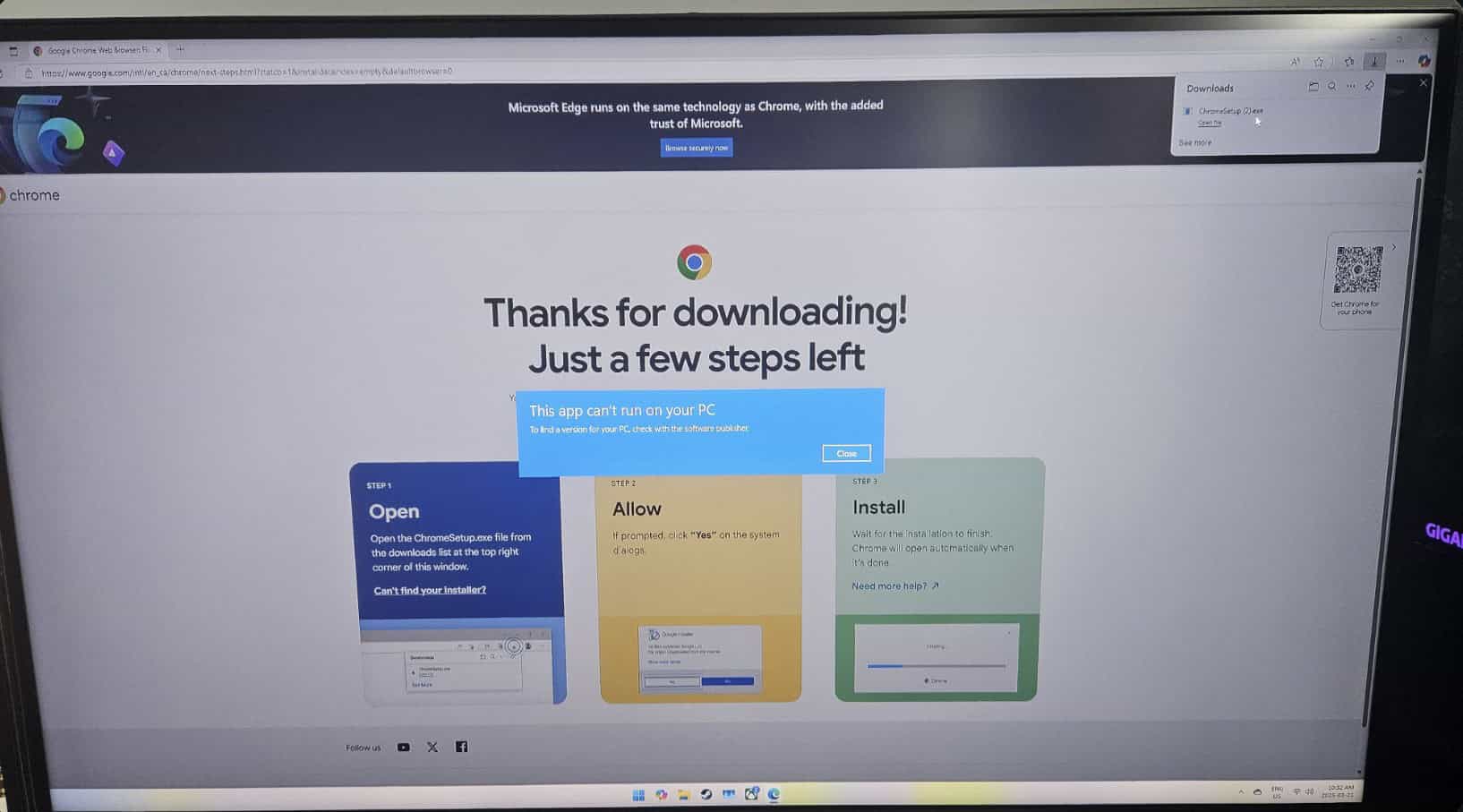
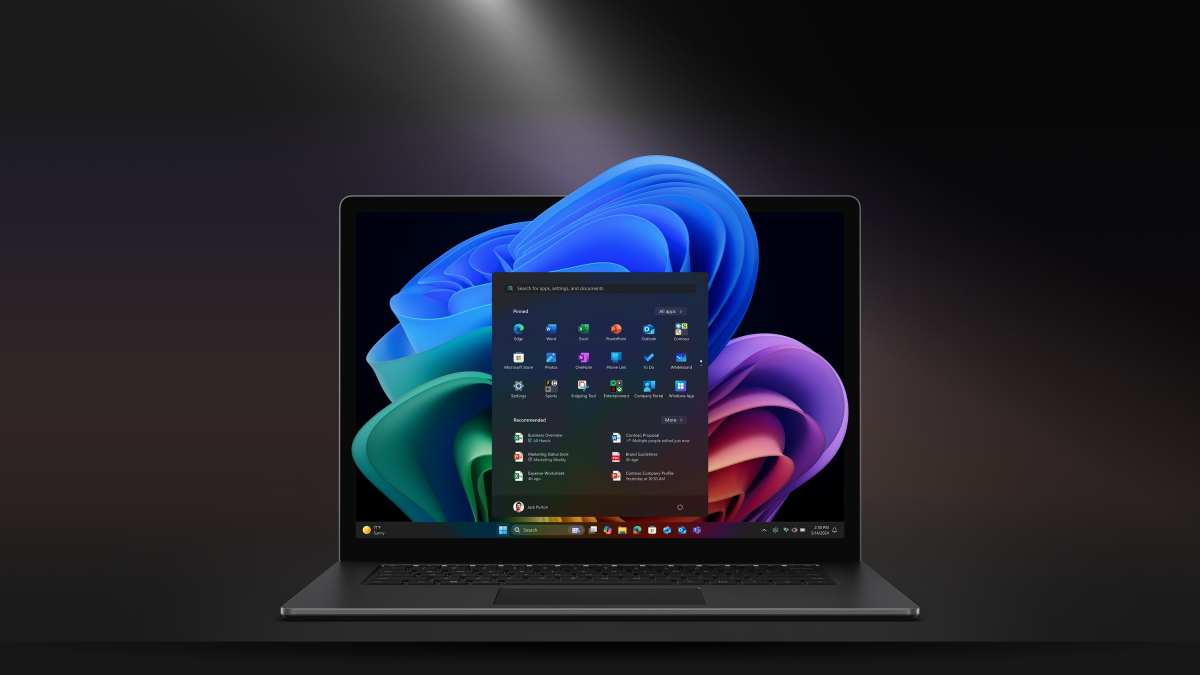
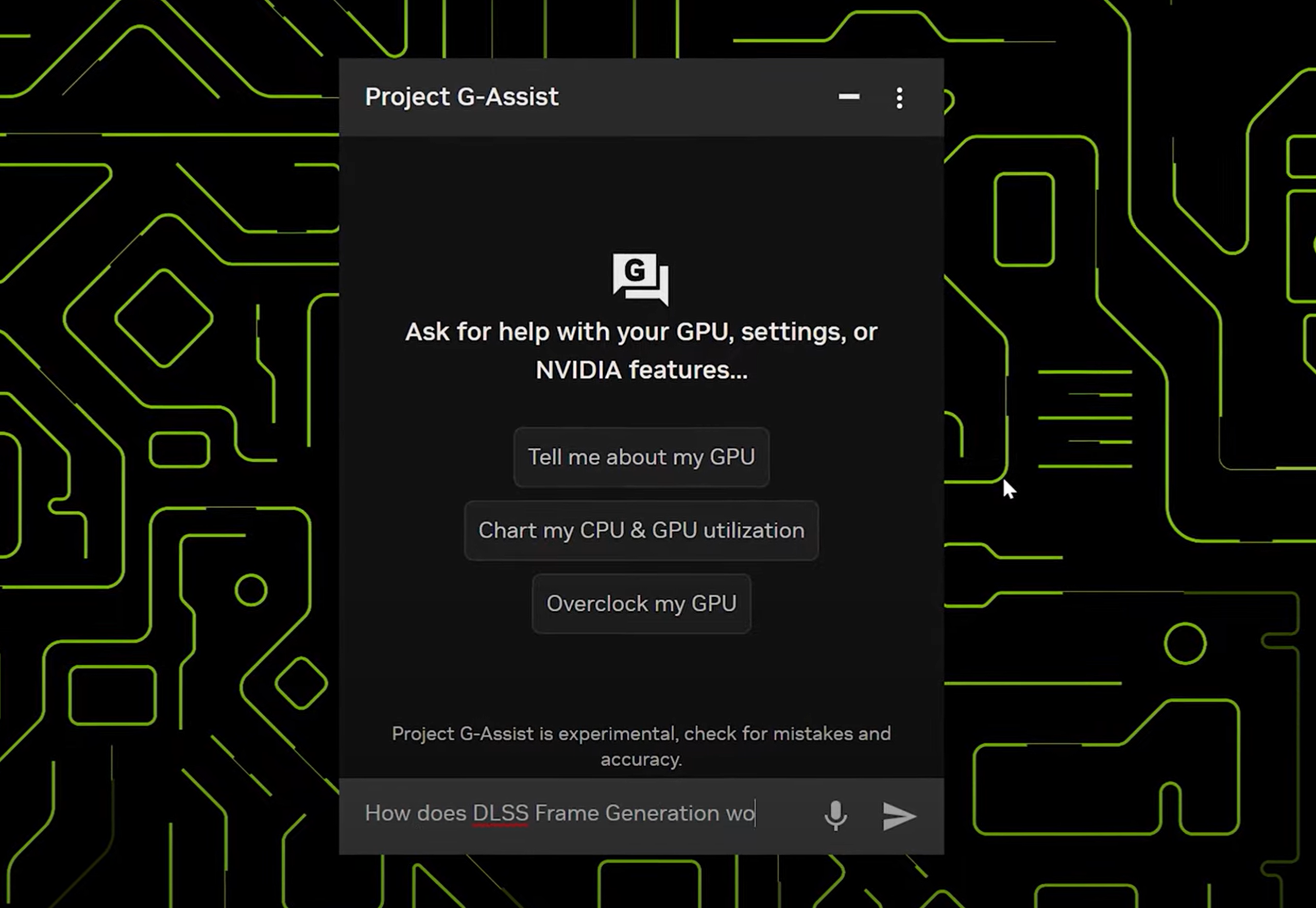
User forum
0 messages